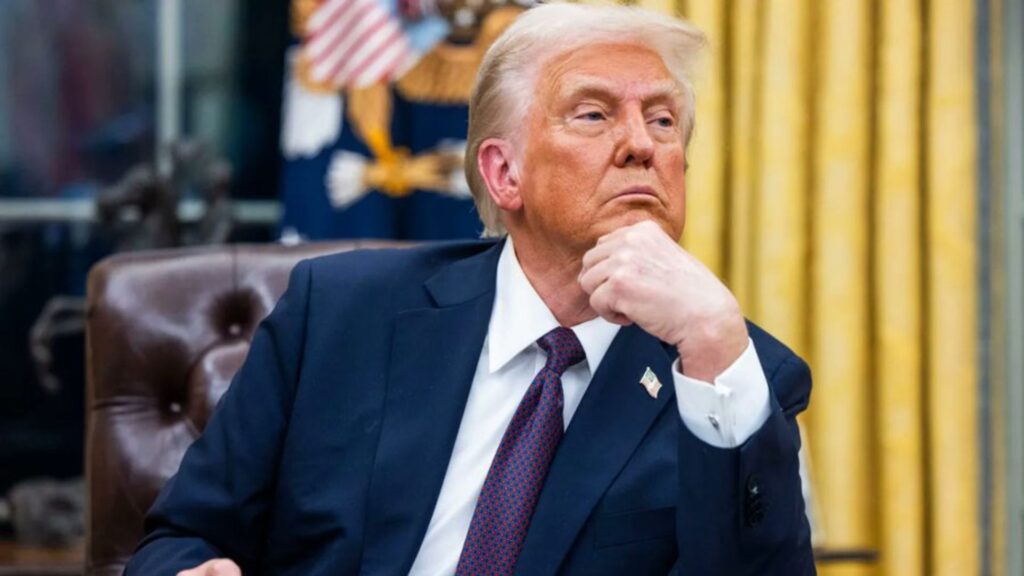
Indonesia’s Trade Deal with the US raises some key concerns and implications. Datuk Prof Dr Mohd Faiz Abdullah, Chairman of Institue of Strategic and International Studies Malaysia urge countries like Malaysia to tread carefully, preserving autonomy and resisting coersive diplomacy dressed as cooperation.
He noted that without safeguarding trade principles dan negotiating leverage, the global south risks strategic capitulation. Here are some of his concerns in the article carried by The Edge.
Deal Overview & Power Imbalance
The deal grants the US sweeping access to Indonesia’s market of 282 million people. Indonesia agrees to remove all tariffs and non-tariff barriers on US goods. In return, the US imposes a 19 % tariff on Indonesian exports—highlighting a deeply lopsided arrangement. Indonesia is also committing to purchase US$19.5 billion in US energy, agriculture, and aircraft.
Critique of Fairness & Sovereignty
The arrangement is portrayed as economic coercion, likened to modern “gunboat diplomacy.” It reverses the logic of trade norms like the Generalised System of Preferences (GSP)—benefitting the powerful instead of supporting the developing. The lack of reciprocity undermines Indonesia’s economic sovereignty and strategic negotiating position.
Ripple Effects Across Asean
Concerns over the deal enabling the US to transship goods via Indonesia into neighboring Asean countries, bypassing regional tariffs. Weak enforcement mechanisms within Asean make such risks very real, especially for countries like Malaysia and Thailand.
Global South Under Pressure
Vietnam and India have made deep concessions; Brazil is resisting but faces steep tariffs. These patterns point to growing transactional pressure from Washington, eroding multilateral trade norms and domestic policy autonomy.
Strategic Implications
Trump bypassed US Congress by using executive tariff powers—raising questions of legality and political motives. Indonesia faces potential domestic backlash and distortion of its market if purchases are state-driven. The deal sets a dangerous precedent for other developing nations—substituting agency with compliance.
Without safeguarding trade principles and negotiating leverage, the Global South risks strategic capitulation. It urges countries like Malaysia to tread carefully, preserving autonomy and resisting coercive diplomacy dressed as cooperation.



